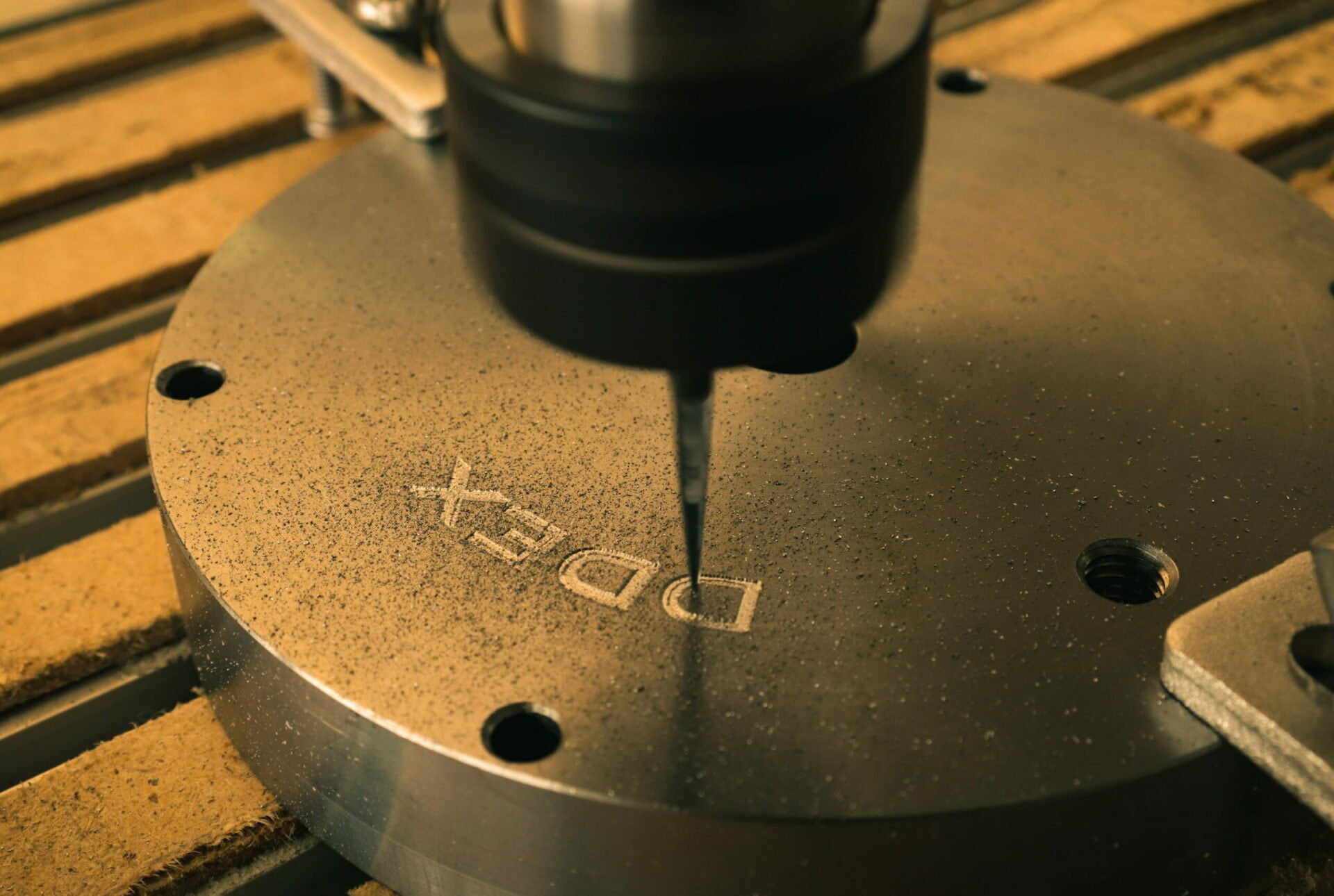Foundry industry is a craft with a centuries-old tradition. It was known in antiquity and is doing well today. It cannot be denied, however, that the level of advancement and precision of the old tools would differ quite significantly from modern casting molds currently created by a specialized production plant. Today, it is possible to make castings for the needs of industry or art quickly, efficiently and accurately. Using specialized tools prepared with the use of CNC technology, components are manufactured from various materials, including the popular aluminum. What should you know about aluminum die casting molds?
Aluminum machining and casting molds
A metallic chemical called alumina is the main component of aluminum, although it can contain other elements as well. The production process of this metal is carried out by thermal treatment, in which aluminum oxide is melted. The final product is a material that is light, corrosion-resistant, durable, non-toxic and also conductive to heat. These properties make aluminum a material that is eagerly used in the automotive industry, electronics, agriculture, the medical industry and many other business sectors. Casting molds are among those tools that are extremely useful in the process of aluminum processing. A liquid alloy of this metal is poured into a mold imitating the desired shape, and after it solidifies, the finished element is removed. Molds produced today are able to reproduce even very complex shapes and, what is extremely important, usually do not require much work for finishing.
Die-casting machine for aluminum – the most important functions
Metalworking is an industry that does not forgive mistakes easily. The highest precision is required here, as any minor defect may cause the entire batch of finished products to go to the trash. Everything must comply exactly with the guidelines contained in the documentation from the client. Foundry molds, which are manufactured today for enterprises from various industries, should therefore, above all, be free from defects arising during their production or operation. Particular attention should be paid to the characteristic undercuts that sometimes occur on this type of tools. Their presence may cause problems with separating the casting from the mold. However, a properly prepared casting mold will allow aluminum products to be made quickly and accurately, and to minimize post-processing.


